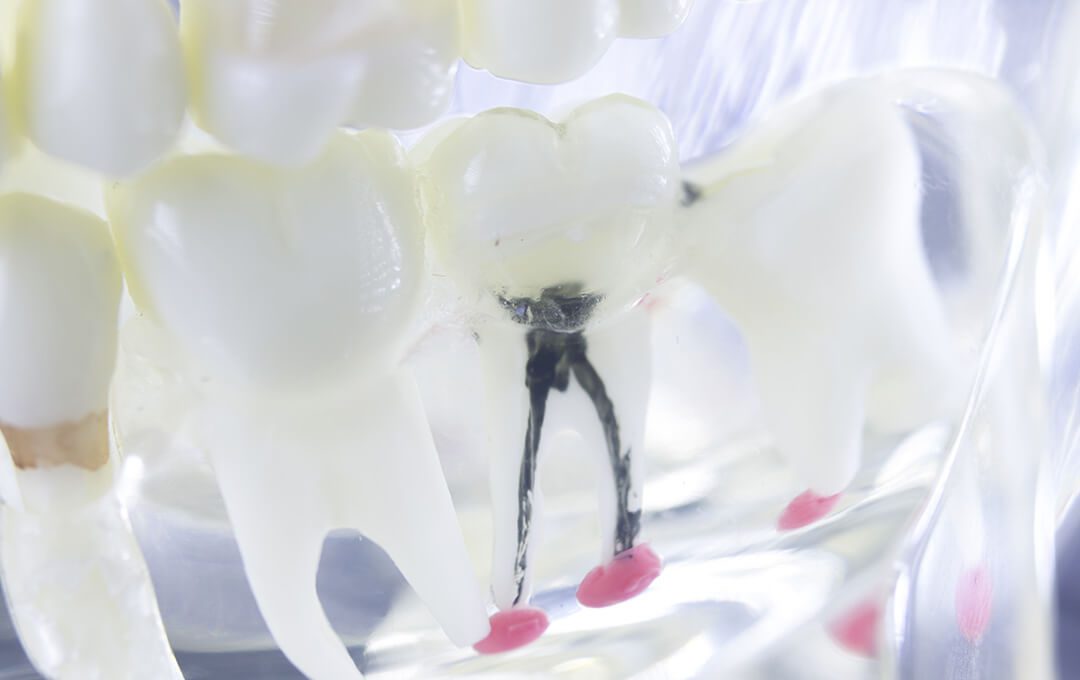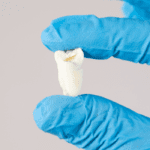
The Importance of Baby Teeth
As a parent, it’s crucial to understand that
Home » Root Canal
Constant toothache can be the body’s way of telling us that something needs to be treated or fixed. Most dental and oral problems don’t just go away and may even lead to more significant issues when not treated immediately. A quick visit to a dentist is essential, especially if you are in constant pain.

A root canal is a dental procedure that removes the soft center of the tooth. The soft center is called the pulp, and is comprised of connective tissues, nerves, and blood vessels that help the teeth grow strong and healthy. Because it is a complicated procedure, a root canal is often performed with the patient under local anesthesia.


The pulp, or the soft inner part of the tooth, helps with growth. However, when it is injured or infected, it can cause severe pain. To get rid of the pain and infection, and preserve the structure of the tooth, the damaged pulp must be removed.
The most common causes of an infected pulp include:
Going through a root canal treatment is safe and harmless with only minor risks. There is nothing to be worried about because millions of teeth are saved through a root canal treatment each year. Patients with severe toothache often undergo a root canal treatment to relieve the pain and live with a healthy set of teeth.
There are many horror stories about failed root canal treatments in the past, but the modern root canal treatment is far from the old procedure. As mentioned earlier, the pulp is a tissue that contains blood vessels, connective tissues, and nerves. You might be asking, can a tooth survive without a pulp? The answer is yes! The procedure, similar to other routine dental procedures, can often be completed after two appointments, depending on tooth’s condition.
Root canals are very effective. Any patient should be back to their old routine of biting and chewing hard foods in no time.


Aside from relieving constant toothache, there are a lot of other advantages of getting a root canal:
Patients are usually given local anesthesia when getting a root canal. The procedure may cause mild discomfort but not be painful. However, patients must expect their teeth and gums to be a little sore after the process.

Disclaimer: This commercial website is not operated by dentists or by a dentist association and does not include each and every dentist in your geographical area but only those electing to participate.



While nutrition and diet are closely related, they
While nutrition and diet are closely related, they